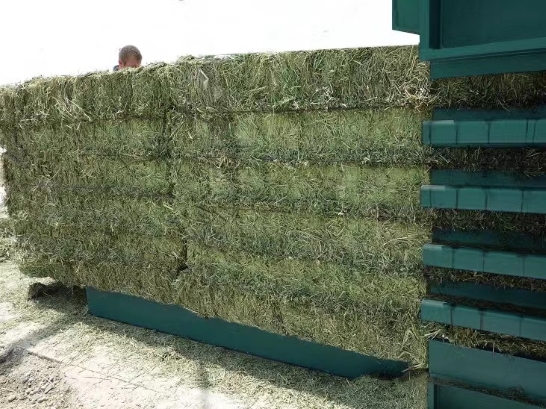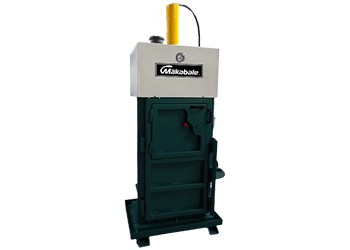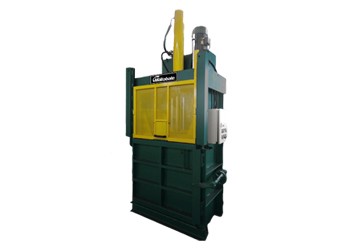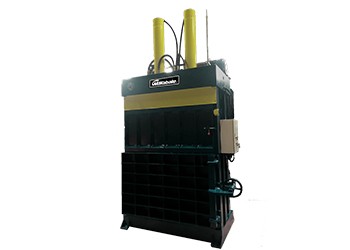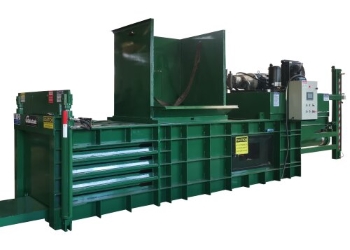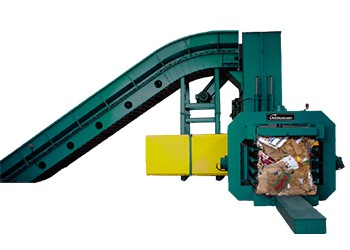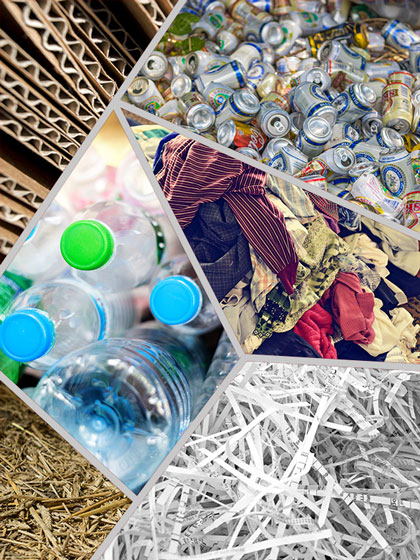The main two types of alfalfa baler are round baler and square baler. Square alfalfa baler usually has below advantages compared to round alfalfa baler:
- You can load more on a truck
- You can stack more in a shed
- You have less leaf loss than the round baler
- Higher capacity and efficiency in baling and handling
- You can bale without stopping to tie off the bale, continual baling process means more productivity, saving you labor and time
- Much easier of handling, hauling, and stacking the square bales
Here are two recommended most popular square alfalfa baler series from Makabale:
Makabale’s auto-tie horizontal baler, the perfect solution for baling big square bales of alfalfa. The machine runs fully automatic, including automatic feeding and automatic tying, in a continuous process, so you do not need to stop to tie off the bale. You just witness the bales are extruded out one by one from the compressing channel. There are a few models in this series. With the big model of 120ton press force, you can get the standard bale size 1100mm x 1100mm (43” x 43”) and a bale weight up to about 1000kg (2,200lbs) depending on the bale length you make and material moisture rate.
If you want to just bag the bale, without tying, then you can go with the compression bagger series. This alfalfa baler can also run in a continuous baling and bagging process, the final compressed bale will be ejected into a bag. The bale weight made by this baler will be dozens of kilograms like 20 to 25kg (44 to 55lbs) per bale and the bale size is about 700mm x 400mm x 300mm (28” x 16” x 12”).
These two square alfalfa baler series are both high efficiency and capacity. Choose the one meets your particular baling needs on site or contact Makabale for a tailor-made machine.

